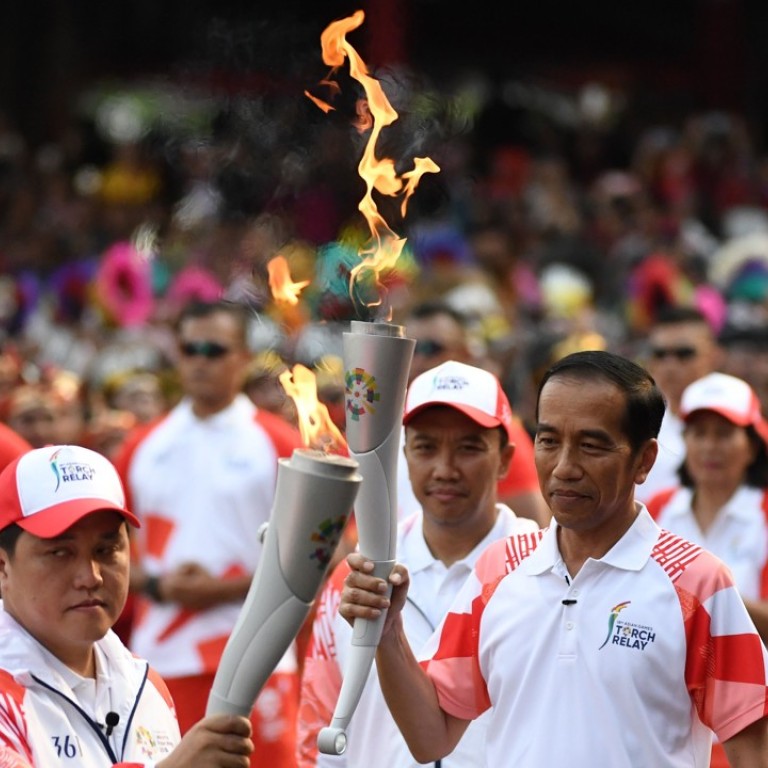
Asian Games 2018: Indonesia’s legacy will be its people, not its stadiums or roads
While the infrastructure will remain after the Games, organisers are putting the emphasis on the human element to promote brand Indonesia to the world
Tya Febriani was working in her building at the Jawa Pos in Surabaya when the police arrived. She heard that they took away someone who may have had links to the May 13 and 14 bombings in the East Java city that killed dozens of people.
“It wasn’t someone from our company but they were in the building,” said Tya, who is covering the Asian Games in Jakarta for her news outlet.
Tya and her fellow Indonesians are as shocked as the rest of the world at the attacks, which targeted three churches and a police station. And like everyone else, she said the greatest tragedy was that the perpetrators used children as young as nine years old to carry out the attacks.
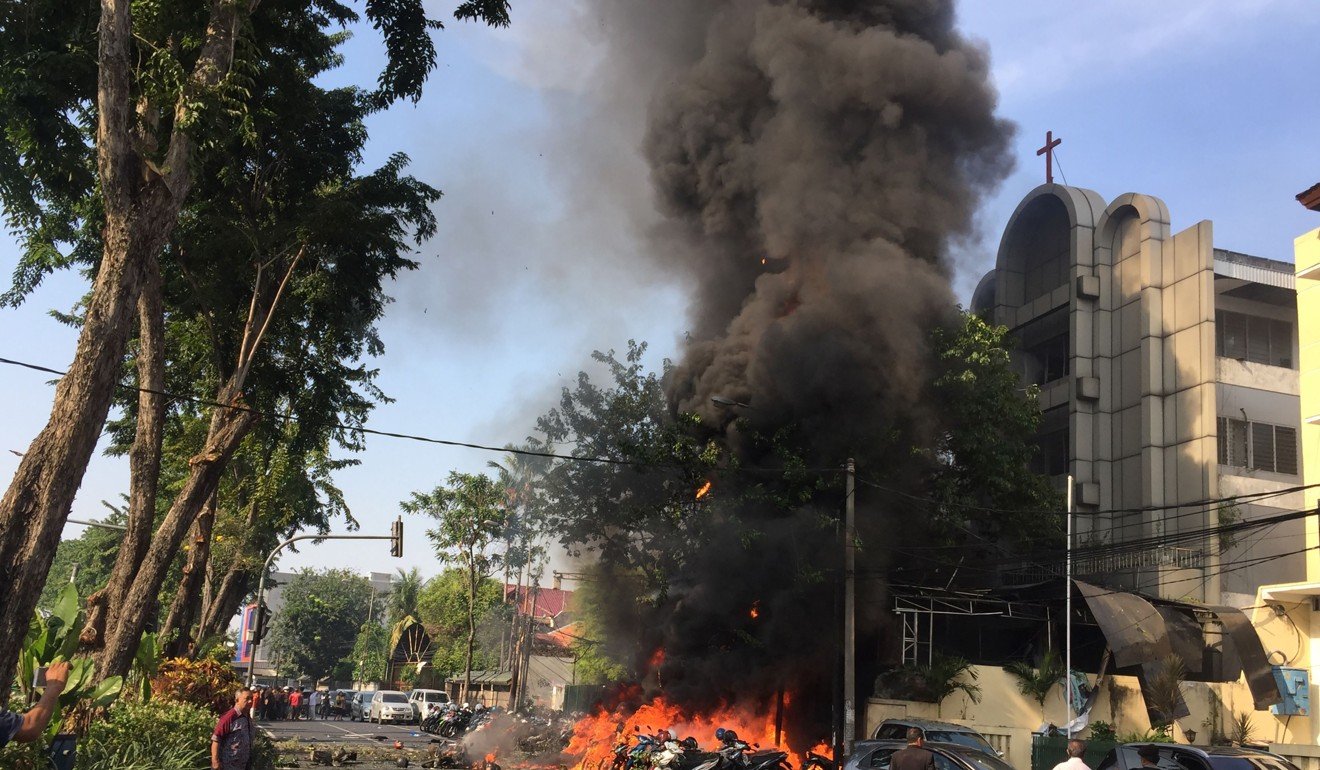
“For two weeks afterwards, Surabaya was so quiet,” she said. “People couldn’t quite believe what happened. I don’t understand why people would do something like that. I can’t imagine what goes through their minds to kill people like that.”
Tya is one of thousands of young Indonesians contributing to the Asian Games effort, be it journalists, translators, drivers, volunteers or ushers. Her vision for a future Indonesia is very much different from those who masterminded the bombings.
She hopes the Asian Games will be Indonesia’s coming out party and show the world that people from her country are ready to become world citizens. It is a vision shared by the organisers of the Jakarta and Palembang Games, who have wisely steered away from promising cliched legacies of infrastructure.
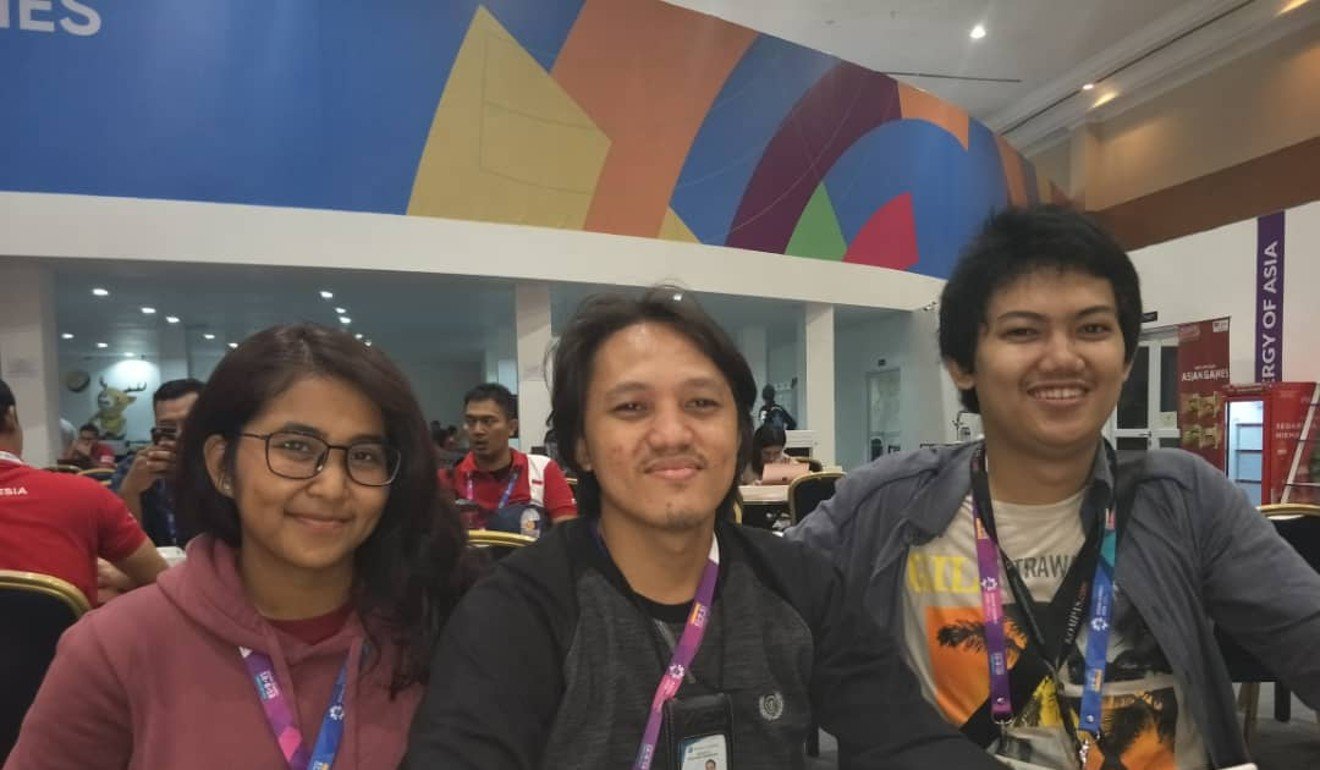
The point of the 2018 Asian Games is not only about preventing stadiums from becoming white elephants in the years after the event. It is primarily about the Indonesian people, about its food, culture, music and its reputation.
More than 30,000 young people are helping with the Games from all over the country and they are symbolic of Indonesia’s hopes of raising a generation of youngsters who are more in touch with the world in all aspects of life.
Head of the organising committee Erick Thohir – an Indonesian media tycoon – has stressed this point in many interviews over the past few months. As the 1962 Jakarta Games helped to build freeways and television stations in Indonesia, Thohir wants similar impetus for 2018, with people at the heart of development.
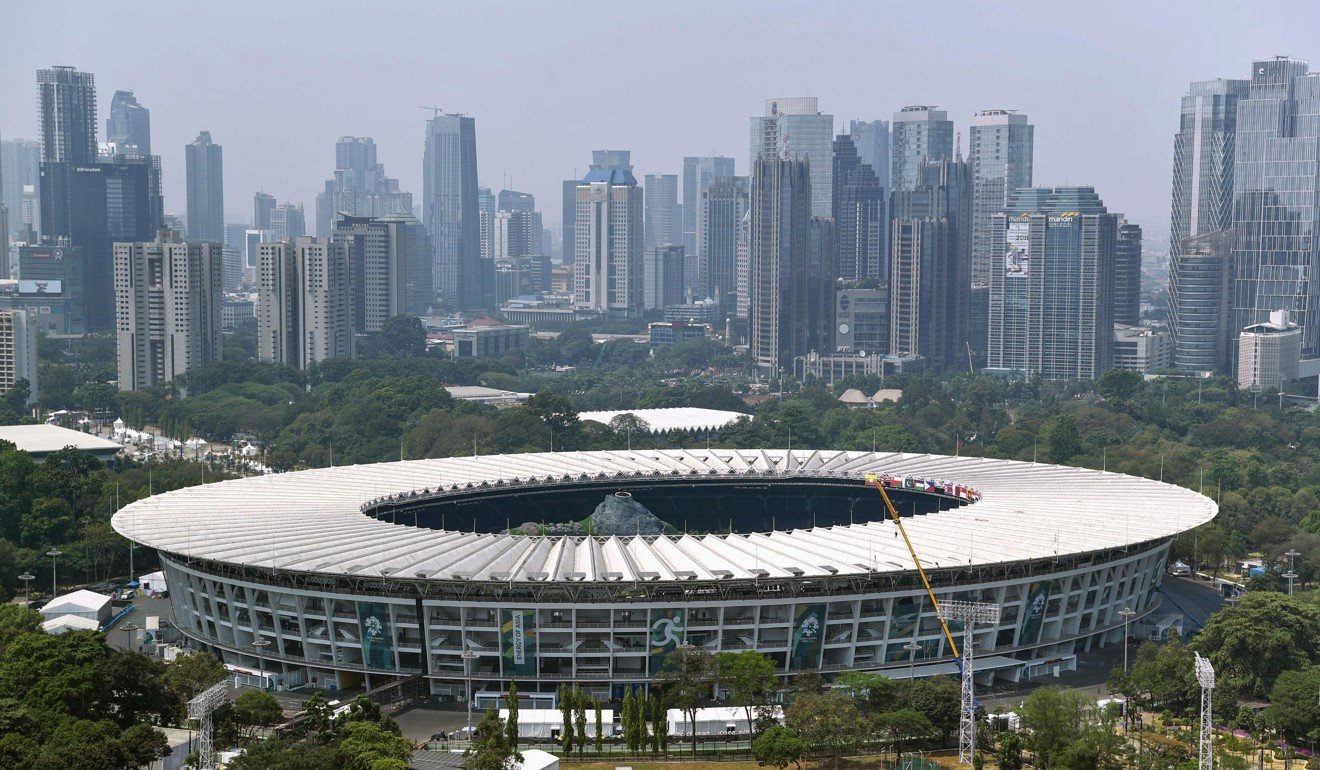
“We as the Organising Committee want to have our own legacy,” he told the Asian Correspondent. “As you know, when you’re talking about a major event, it’s not just about the event itself, but it’s national branding.
“On the other side it’s economic impact – job creation, national character-building. We need to be disciplined and work together.”
Abdul Majid, who writes for Bahasa Indonesia-language outlet Kompas, said: “We want people around the world to see Indonesia differently to how they have perceived in the past.
“We are a growing country and we want the Asian Games to showcase this to the rest of the world.”
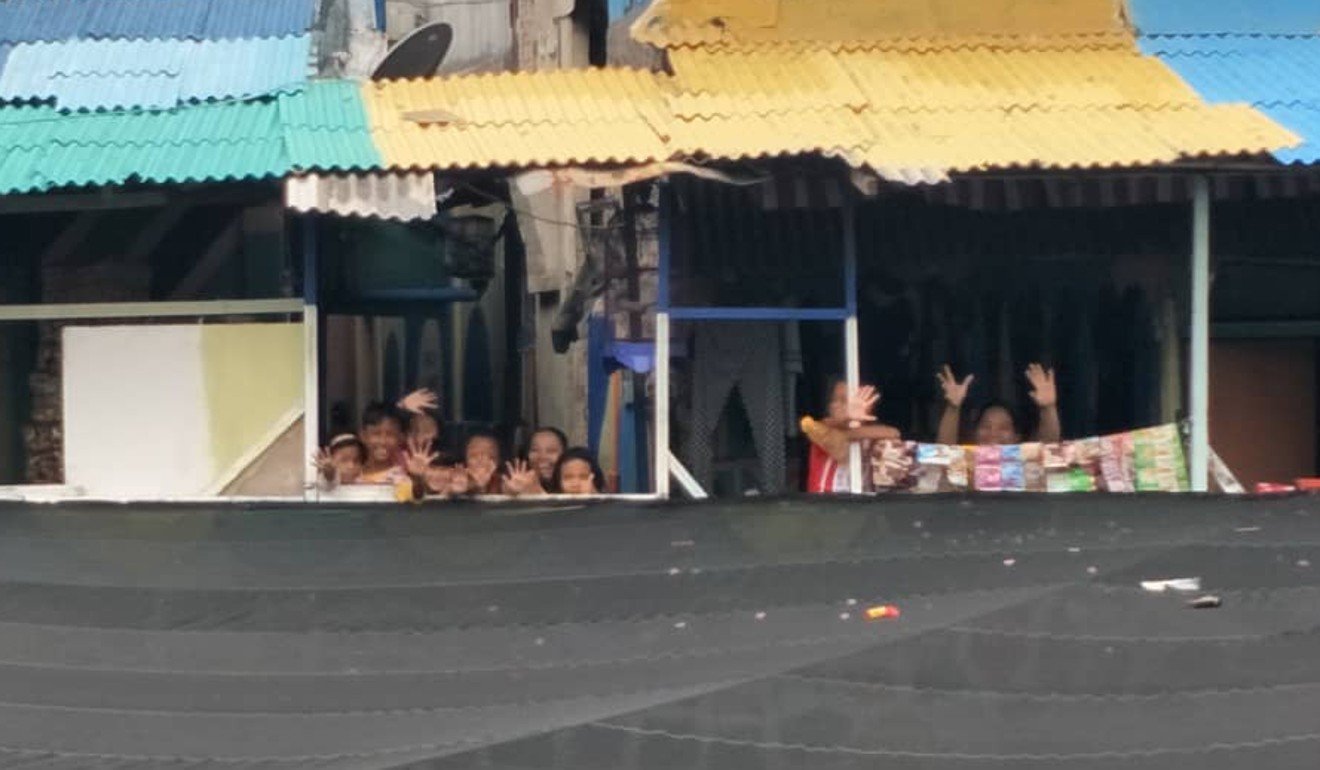
The Indonesian and Jakarta governments have splashed out to ensure the Games are a success, with estimates at more than US$3 billion. Much is said about the US$40,000 spent on putting a covering over the “Black River” opposite the Athletes’ Village, to reduce its pungent odour.
While the river is still black and, indeed, doesn’t really smell, it is the richness of the society that lives around it that symbolises the Indonesian spirit. Families and shop owners living and doing business in alleyways on the side of the river readily welcome visitors with smiling faces and greetings of peace.
The facades of their squatter-like homes have been given a makeover and painted over with bright colours.
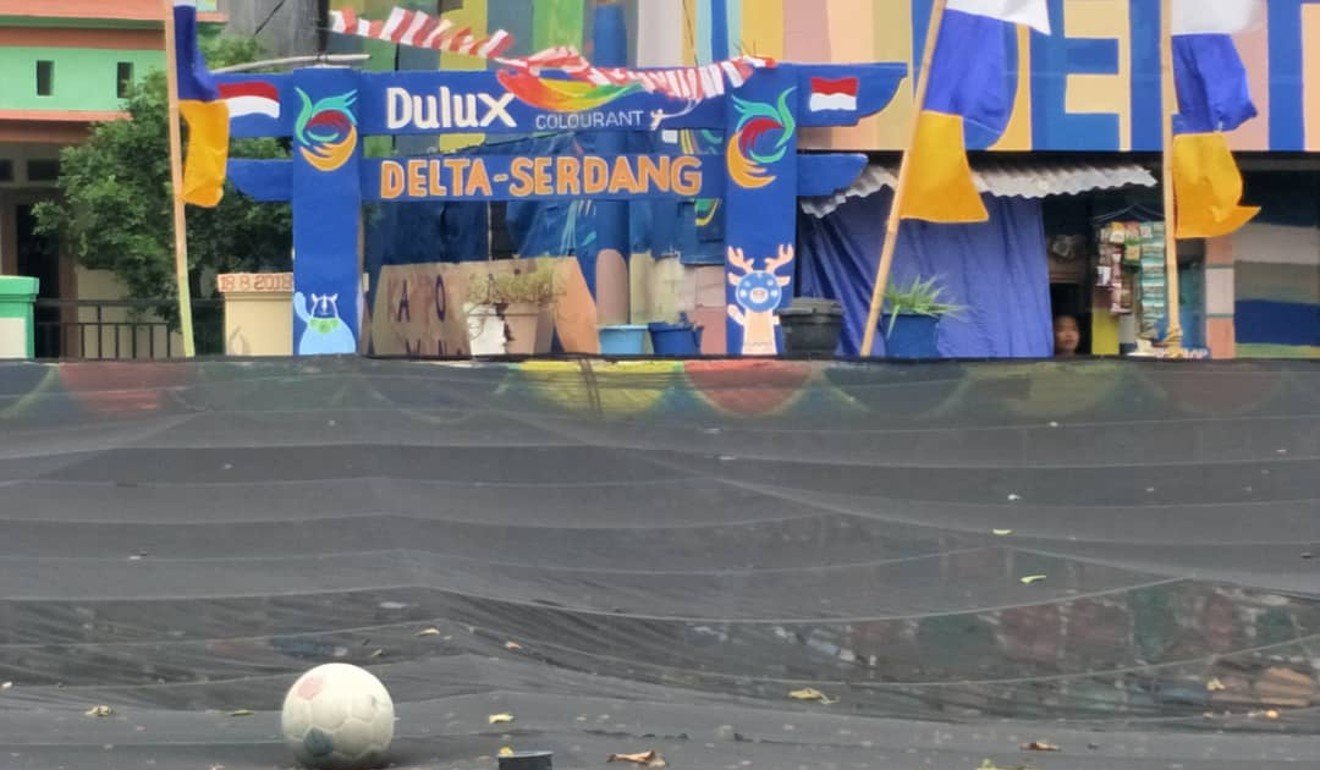
The government has also dug deep to develop infrastructure for the Games and improve existing sports venues. More than 10,000 athletes will take part in the Games, from Saturday until September 2, and 100,000 security personnel have been deployed to make sure the participants, spectators and officials are kept safe.
Organisers have adopted the slogan “energy of Asia” for the Games, and the economy is expected to benefit to the tune of US$3.1 billion.
After the Games, once the thousands of foreign visitors have left and the need to keep up appearances ends, young people such as Tya and the 30,000 volunteers will stay behind and share their Asian Games experiences with their families, friends and compatriots.
The stadiums, new roads and bridges will also serve as future reminders of the benefits of hosting the Games but it will be up to the smiling youngsters, not the edifices, to carry forward the legacy of Indonesia 2018.

